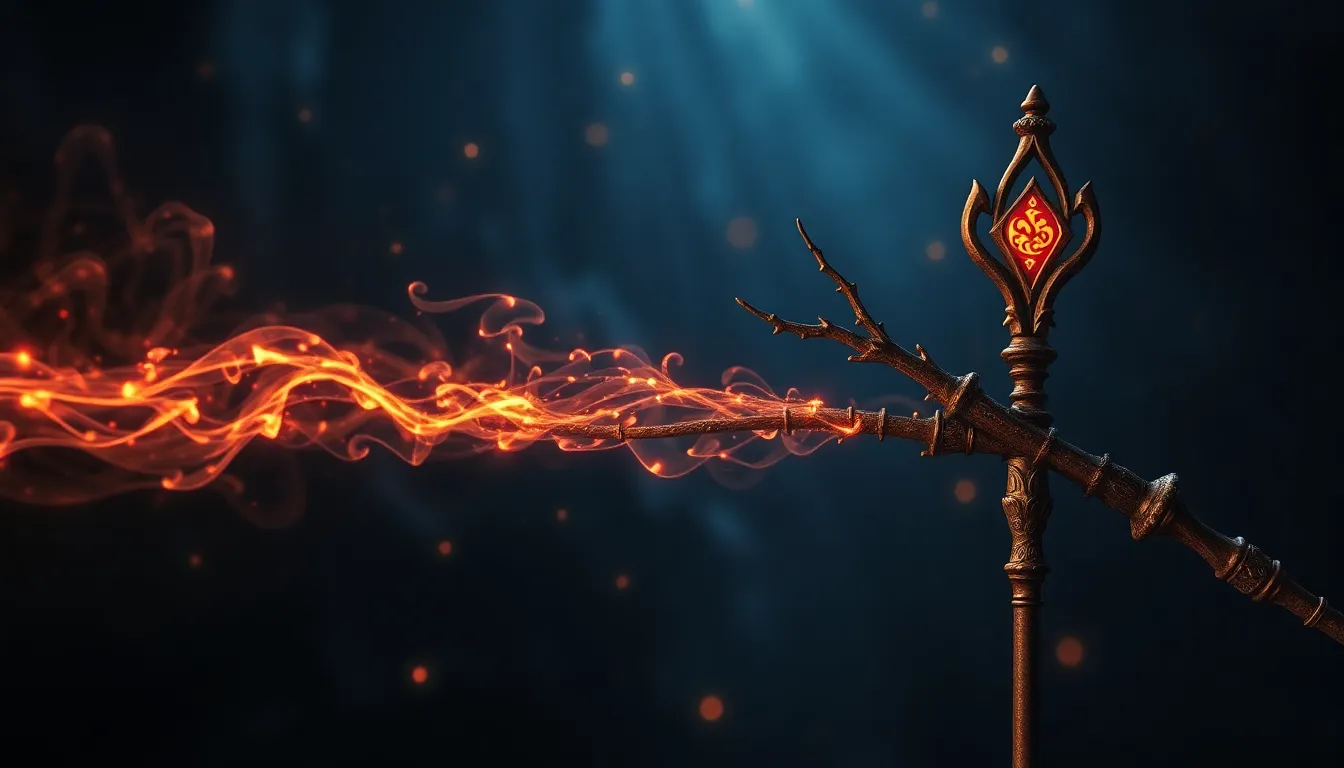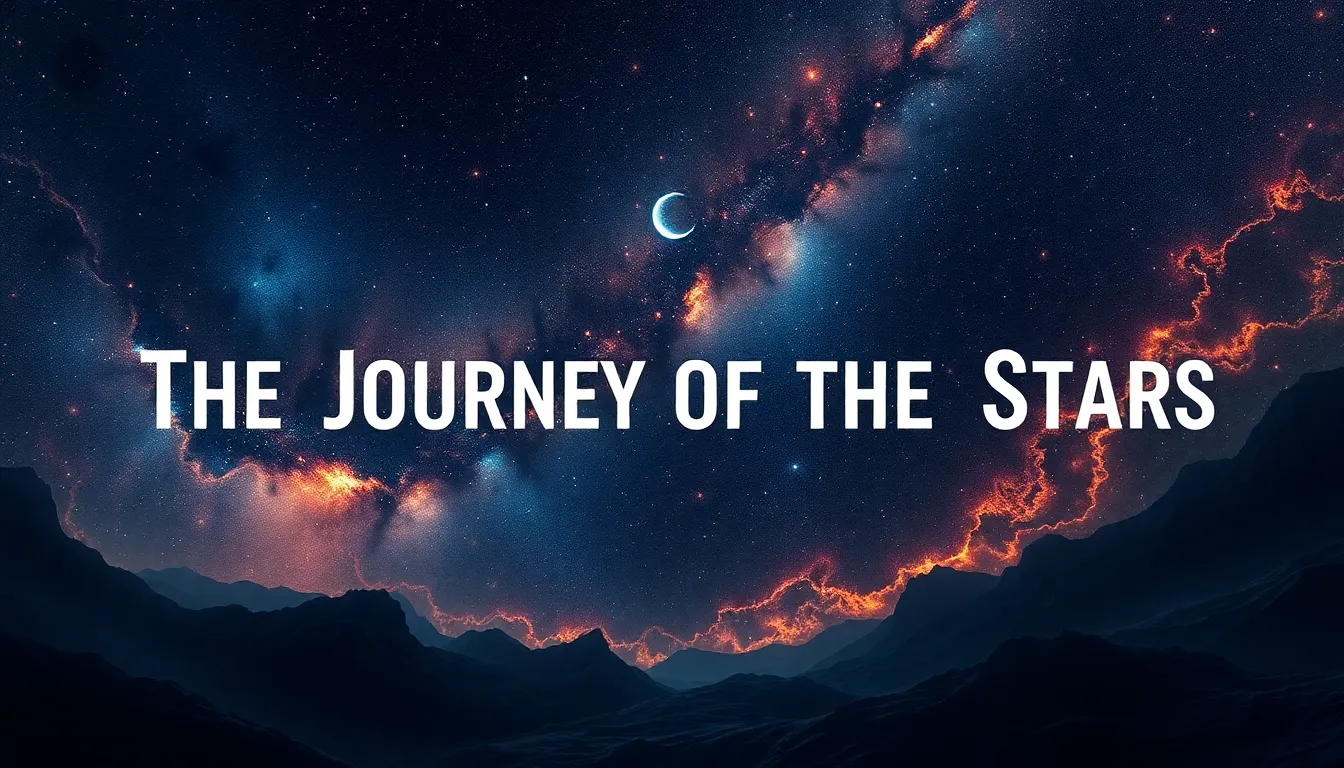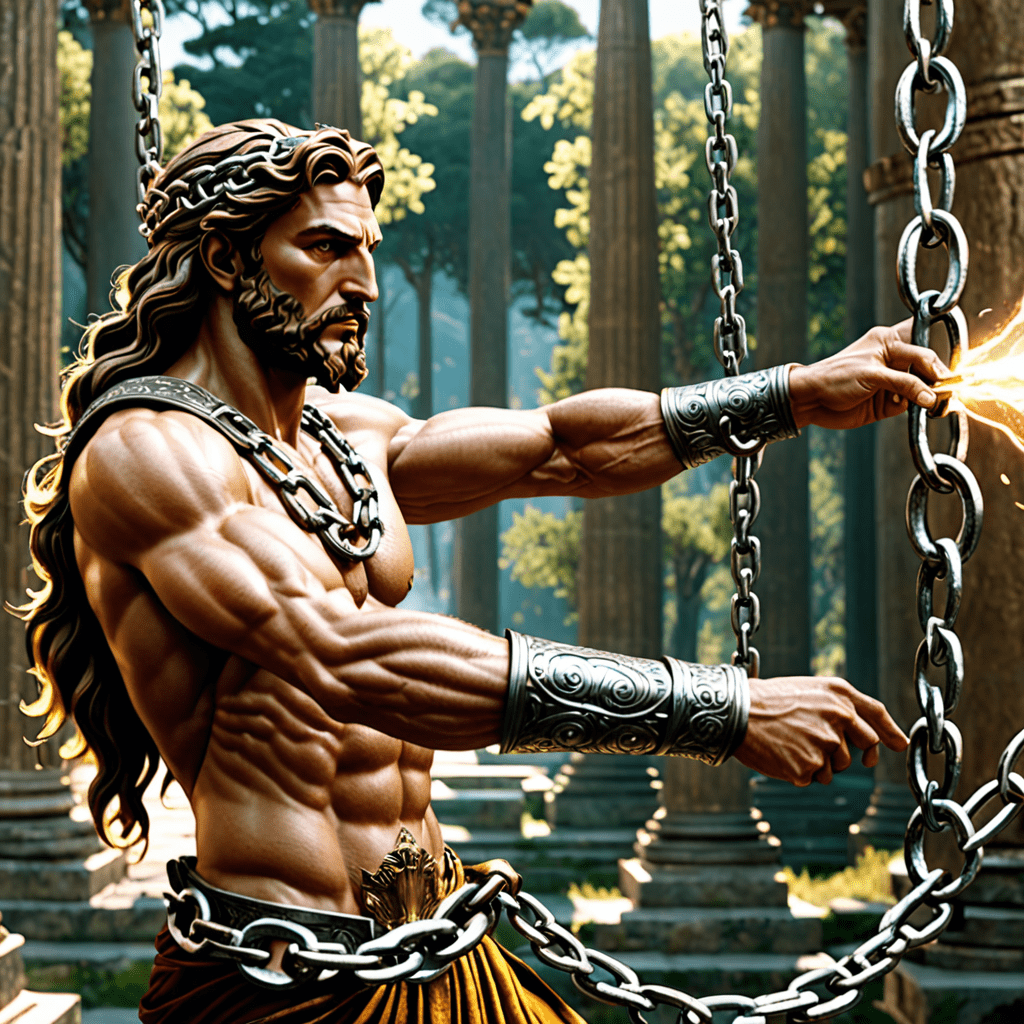Maori Cosmology: A Framework for Understanding
Maori mythology, a vibrant tapestry of stories, beliefs, and values, plays a profound role in shaping traditional Maori education systems. At its core lies Maori cosmology, a comprehensive worldview that encompasses the origins, nature, and interconnectedness of the universe. This cosmological framework provides a foundation for understanding the world and their place within it. The Maori view the universe as a living, breathing entity, imbued with spiritual power and governed by natural laws. This understanding influences their approach to learning and knowledge acquisition. They believe that knowledge is not merely a collection of facts but a living force that connects individuals to the past, present, and future.
The Creation Myth of Tāngaroa and the Māori Worldview
The creation myth of Tāngaroa, the god of the sea, is a cornerstone of Maori cosmology and profoundly impacts their worldview. It tells the story of how the universe evolved from the primordial void, a concept known as "Te Kore." From this void, the gods emerged, shaping the world and its inhabitants. Tāngaroa, alongside his brothers, created the land, sky, and ocean, each playing a vital role in the delicate balance of the universe. The creation myth emphasizes the interconnectedness of all things and underscores the importance of respecting and harmonizing with the natural world. It inspires a deep sense of responsibility toward the environment, a key characteristic of traditional Maori education.
The Influence of Ancestors and Gods on Traditional Education
Maori ancestors and gods hold a prominent place in their cultural heritage and play a pivotal role in shaping traditional education. These figures are not merely mythical beings but serve as powerful role models, embodying values and virtues that guide generations. Ancestor veneration is deeply ingrained in Maori culture, and their stories are passed down through generations, providing valuable lessons on ethics, morality, and social responsibility. The gods, too, serve as powerful symbols, representing specific aspects of the natural world and human experience. The actions and teachings of ancestors and gods are incorporated into all aspects of education, inspiring and shaping the moral and ethical development of future generations.
The Role of Oral Traditions and Storytelling in Knowledge Transmission
Oral traditions and storytelling are the lifeblood of Maori education. Knowledge and wisdom are passed down through generations through captivating narratives, songs, and dances. The power of storytelling to impart knowledge, values, and cultural heritage cannot be overstated. These stories offer a living record of the past, preserving cultural knowledge, and fostering a sense of belonging. Storytelling also serves as a powerful tool for teaching practical skills and life lessons. Tales of ancestors and gods offer guidance on navigating relationships, resolving conflicts, and connecting with the natural world. These narratives are far more than mere entertainment; they are a vital means of preserving the cultural identity and knowledge of the Maori people.
The Concept of “Mana” and its Impact on Learning
Mana, a fundamental concept in Maori culture, holds significant influence over traditional education systems. Mana refers to a person's power or influence, often derived from their lineage, achievements, and connection to the spiritual realm. It is a force that flows through the natural world and is imbued in all things, including individuals, objects, and places. In education, mana plays a crucial role in motivating students, fostering respect for knowledge, and guiding their moral development. It encourages students to strive for excellence, recognizing that their actions and choices can impact their mana and influence the well-being of their community.
The Importance of Practical Skills and Environmental Knowledge
Maori traditional education wasn't just about memorizing stories and rituals. It emphasized practical skills and a deep understanding of the natural world. The ability to fish, hunt, gather food, build shelters, and navigate the land was essential for survival. Children learned these skills by observing elders, participating in daily activities, and developing a close connection to the environment.
Maori education emphasized the interconnectedness of all living things. They understood that the health of the environment was directly related to their own well-being. This concept of sustainability was woven into every aspect of their lives. They learned to respect the land, the sea, and the forest, recognizing their importance for both physical and spiritual sustenance.
The Role of Rituals and Ceremonies in Education
Rituals and ceremonies played a vital role in Maori education, serving as powerful learning tools and opportunities for social cohesion. These events were not just empty formalities but were deeply meaningful expressions of their beliefs and values. They provided a space for knowledge transmission, moral instruction, and the celebration of cultural heritage.
For example, the "tangi," a mourning ceremony, served as a platform for sharing stories of ancestors, reinforcing lineage, and highlighting the importance of community support. Similarly, the "powhiri," a welcoming ceremony, taught etiquette, demonstrated respect for visitors, and reinforced the concept of "manaakitanga," hospitality and care for others. Through these rituals, young people learned not only about their cultural heritage but also about their responsibilities within the community and the wider world.
The Impact of Colonization and Western Education Systems
The arrival of European colonists in New Zealand had a profound impact on Maori culture and education. Western education systems, with their emphasis on written language and standardized curriculum, were introduced, often at the expense of traditional Maori knowledge and practices. Many Maori children were forced to attend boarding schools where they were discouraged from speaking their native language, practicing their rituals, and expressing their cultural beliefs.
This suppression of Maori culture had a devastating impact on generations of Maori people, leading to a loss of identity, language, and traditional knowledge. However, despite these challenges, Maori culture has proven to be resilient.
The Resilience of Māori Culture and its Continued Influence
Despite the challenges of colonization, Maori culture has shown remarkable resilience. In recent decades, there has been a growing movement to revitalize Maori language, arts, and traditions. This resurgence has brought with it a renewed emphasis on the importance of Maori mythology and its role in education.
Maori communities are working to reclaim their cultural heritage and integrate it into modern education systems. They are recognizing the value of their traditional knowledge and its potential to contribute to a more holistic and culturally relevant education for all students.
Modern Applications of Māori Mythology in Education
Today, Maori mythology is finding new applications in education. It is being incorporated into curriculum materials, used as a framework for teaching language and literacy, and inspiring creative projects in the arts. The stories and values of Maori mythology offer a rich source of inspiration for teaching critical thinking, problem-solving, and ethical decision-making.
Maori mythology can also help to foster understanding and appreciation of different cultures and perspectives. By sharing these stories with young people, we can promote cross-cultural understanding, respect, and empathy. By incorporating Maori mythology into education, we can create a more inclusive and culturally responsive learning environment for all.
FAQ
Q: How is Maori mythology still relevant today?
A: Maori mythology offers a valuable lens for understanding the world and our place within it. It provides insights into the environment, human relationships, and the importance of cultural heritage. It also serves as a source of inspiration for creativity, innovation, and ethical decision-making.
Q: How can I learn more about Maori mythology?
A: There are many resources available to learn more about Maori mythology. You can explore books, documentaries, websites, and museums dedicated to Maori culture. You can also connect with Maori communities and learn firsthand about their traditions.
Q: How can I incorporate Maori mythology into my own learning or teaching?
A: You can incorporate Maori mythology into your own learning or teaching by exploring stories, songs, and dances. You can use these materials to create projects, discussions, and presentations. You can also seek out opportunities to learn from Maori elders and experts.



